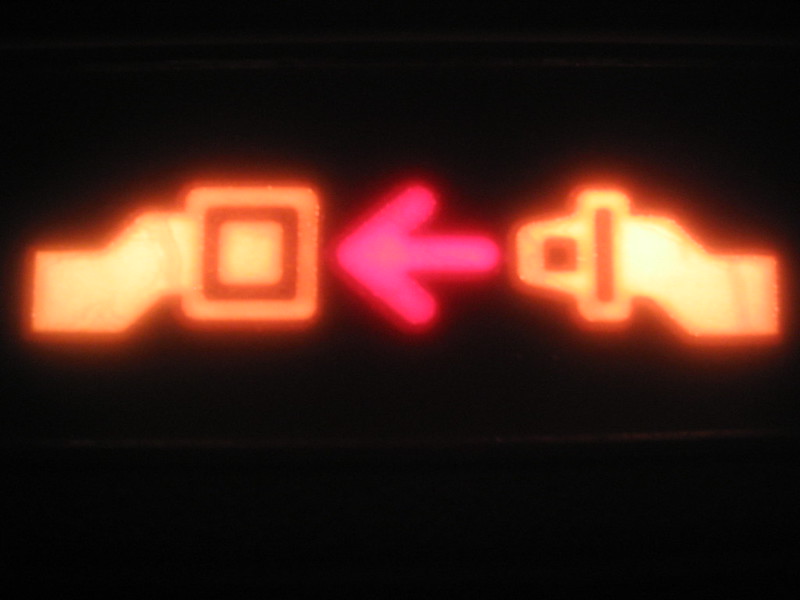
Have you ever tried to break or change a habit? Whether it’s quitting smoking, doing more exercise, eating more healthily, writing every day, it’s hard, isn’t it?
I’ve been thinking a lot about behaviour change recently. That’s fundamentally what habits are – they’re ways we behave, and the best (or sometimes worst) habits are ingrained in our daily routines.
Take brushing your teeth. The vast majority of people automatically clean their teeth twice a day – once in the morning and once before they go to bed. OK, you might miss the odd one, but it’s simple to get back on track. Why is that? Well, it’s partly because we’ve grown up doing it – it’s a natural habit. And as we get older and learn a bit more about the world, we understand that cleaning our teeth is an important part of staying healthy (and hopefully avoiding enormous dentist bills!)
– Charles Duhigg’s excellent The Power Of Habit is definitely worth a read
Changing your behaviour is slightly different, but not necessarily any easier or more difficult. With my work hat on, I think a lot about how to encourage people to adopt healthier habits that will reduce their risk of cancer. 2 in 5 cases are preventable through a combination of not smoking, eating healthily and not being overweight, moving more, cutting back on alcohol and avoiding the sun unprotected.
Few people would disagree with that sort of list, but those measures rely on you being disciplined and having willpower. Other external forces might be stronger and more prevalent, making your good intentions very hard to keep to. The ideal is that, even if you fall off the proverbial wagon, you can easily get back on (like the teeth brushing example above).
But the marketing tactics (and the money) of big corporates who want you to buy their cool alcoholic drinks or ultraprocessed food products are hard to compete with. Ultraprocessed food is the big demon here – the root cause of the bulging obesity rates across the whole world – the science is starting to show that, once you start eating this stuff regularly, it’s really hard to stop.
Why policy change is so important
Historically in the UK, we’ve seen laws that have made a big impact. Here are two examples.
First, the introduction of mandatory seatbelt wearing in cars. It was introduced 40 years ago – in 1983 – and there was an immediate 25% reduction in driver deaths and a 29% cut in fatal injuries for front seat passengers. For anyone born after 1980, the thought of not wearing a seatbelt must seem rather bizarre.
Similarly, the smoking ban introduced in England in 2007 slashed the number of smokers over the first 10 years, improved air pollution dramatically, and has also led to a large increase in the proportion of adults who have never smoked cigarettes.
Removing my work hat, I’ve also been thinking a lot about how to encourage people to do things differently to combat the climate emergency. On a personal level, many of us don’t feel that our individual actions make a big difference. But it’s clear that when we’re given clear leadership and sensible policy change is enacted, it can have a huge impact on behaviour, both on an individual level, and also on a national or international level.
One could argue that it was a mere drop in the microplastic-polluted ocean, but the bans on plastic straws have largely succeeded in removing them from everyday life and have also inspired people to look further at areas where plastic can be reduced. Similarly, in England, the plastic bag charge has seen a reduction in the use of single use bags by 98%.
What’s notable about both of the above laws is that the cost to most individuals was minimal. This is why – even though it’s a great idea – the roll-out of ULEZ in London has become so controversial. No-one would deny that it’s cut air pollution in inner London and also encouraged different ways of travel.
What’s riled many who live in outer London is the daily £12.50 charge to use their car, if it doesn’t meet emission standards. Even though there will be help for those on lower incomes to enable switching to a less polluting car, those daily charges could mount up quickly in the meantime.
Stand up and be counted
Ironically, though, these are exactly the sort of policies that we need as a country (and planet) to help deal with the climate crisis. Most people have good intentions – they just require nudges (and sometimes firm shoves) in the right direction to make those intentions real.
While I don’t want this to be an overtly political post, it’s sad that the current Government seems unwilling to make those decisions to make behaviour change easier. They’ve rowed back on policies around banning junk food ads and forcing supermarkets to stop BOGOF (multibuy) deals on processed foods, citing a misguided (and false) line about it helping people during a cost-of-living crisis.
The fact that they’re also looking at granting new licences to drill for gas and oil, at a time when the world is burning, seems frankly ridiculous.
The takeaway from this: you can make change (both personally and at a larger scale) – you just need support and some helpful nudges in the right direction.





